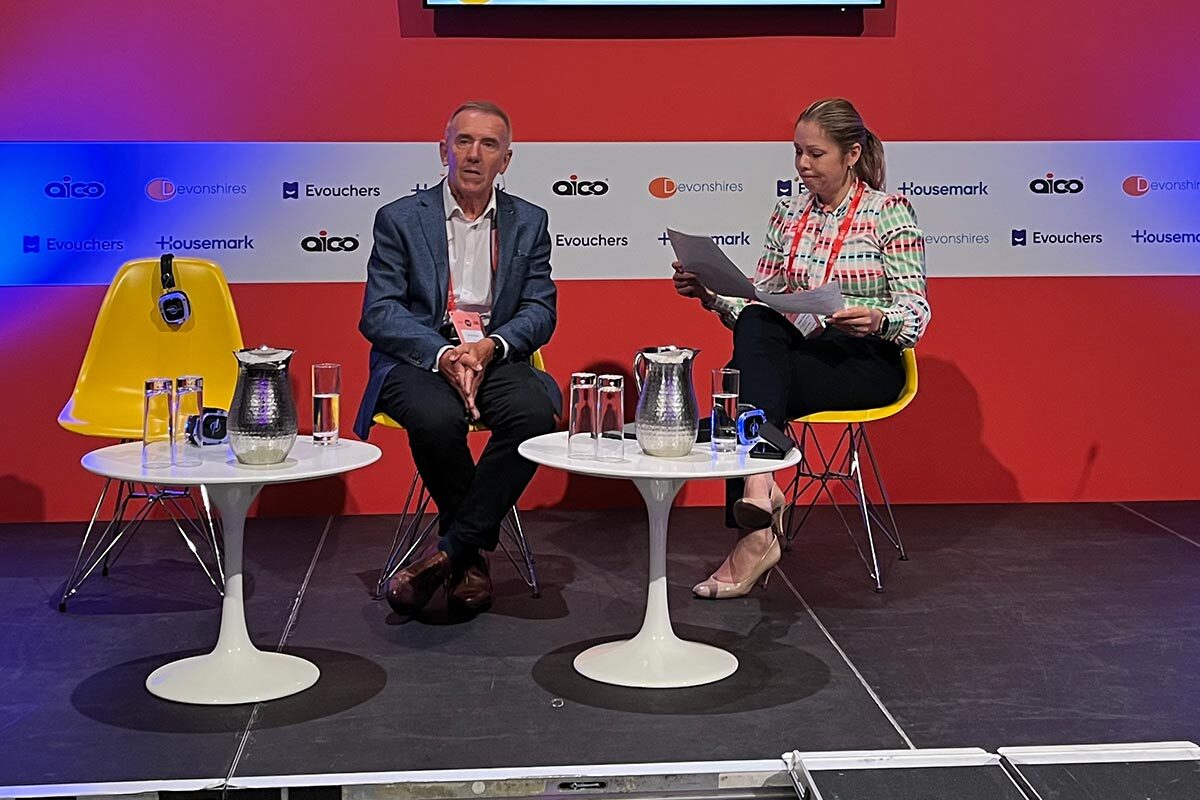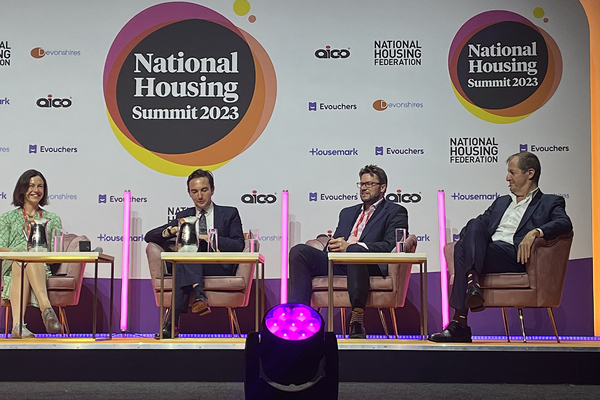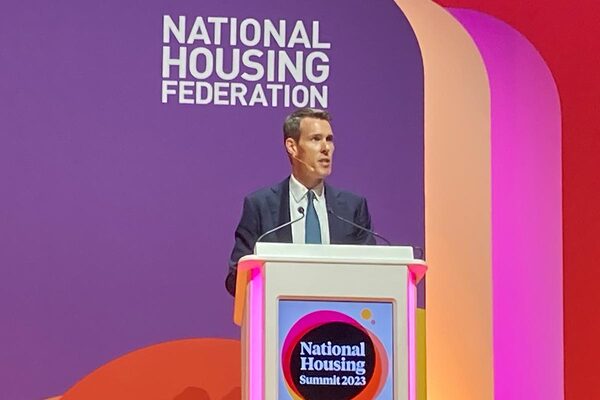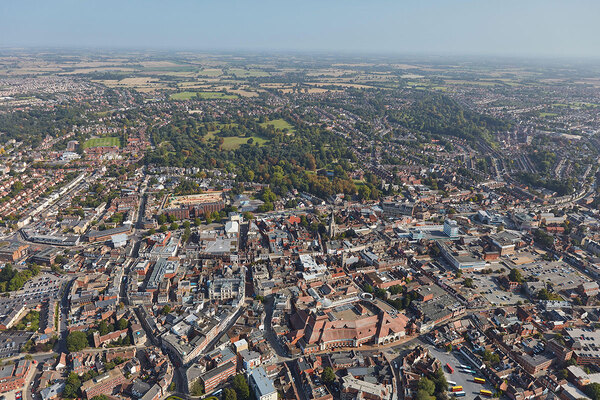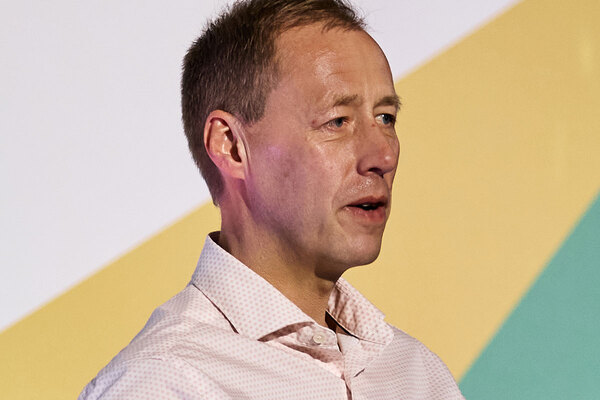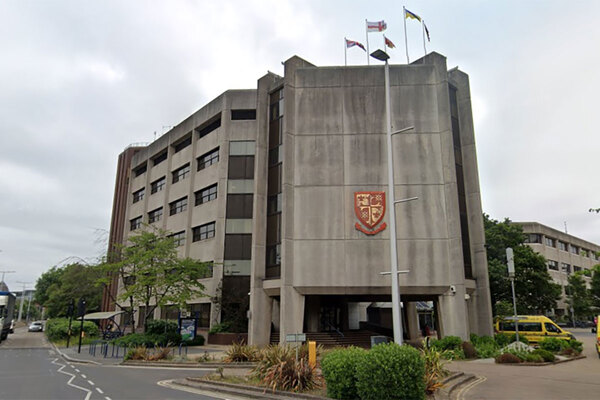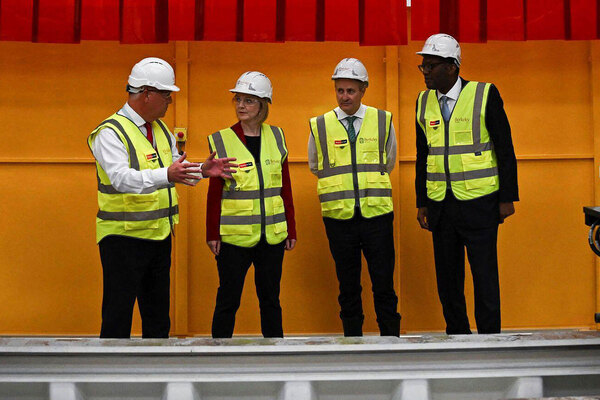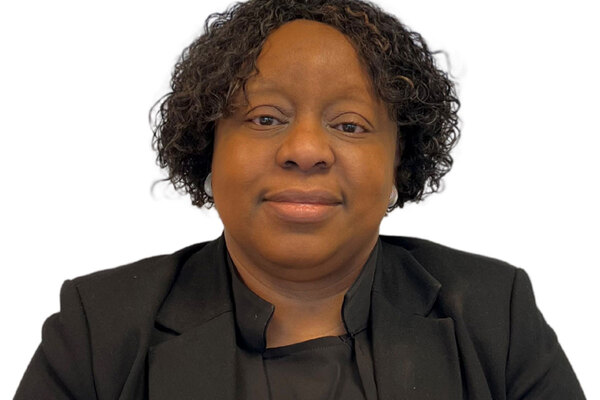22% of RBH’s homes need damp and mould remediation halfway through survey
More than a fifth of Rochdale Boroughwide Housing’s (RBH) housing stock needs some level of remediation around damp and mould.
Kevin Brady, chair of RBH, told the National Housing Federation (NHF) summit in Birmingham that halfway through doing a 100% stock condition survey, the landlord found that 22% of its 13,000 homes need remediation.
He told Inside Housing that he expects the figure to level off as the survey continues because RBH is targeting the properties in poorer condition first.
He also said much of the remediation is low level and very few homes are affected by Category 1 hazards.
Mr Brady revealed the details at a session called ‘How do you know what you don’t know’.
RBH was the housing association responsible for the flat where Awaab Ishak lived with his family. The two-year-old died as a direct result of prolonged exposure to mould.
The conclusion of his inquest sparked a nationwide outcry and led to RBH being downgraded from G1 to a non-compliant grade of G3 for governance.
Last week the government published new damp and mould guidance for landlords in the wake of Awaab’s death.
RBH was also the subject of a scathing special investigation by the Housing Ombudsman, which found “dehumanisation”, “othering” and a pattern of “exclusion and marginalisation” at the landlord.
The chief executive was replaced, along with the board, and an improvement plan was launched. Mr Brady was appointed chair in April.
At the Nation Housing Summit, Mr Brady outlined the work being done by RBH, including the 100% stock condition survey, a damp and mould taskforce, the appointment of neighbourhood officers, along with a focus on skills and training, particularly around equality, diversity and inclusion.
He added: “We’ve redirected £45m towards our homes and we’ve focused primarily at this stage on the damp and mould issues across the organisation.
“If you’d asked Rochdale this time last year, what their damp and mould situation was like, they will probably have said ‘we haven’t really got a problem’.
“Up to now in terms of our 100% commissioned stock survey, we’re about halfway through that.
“I would say that we’re probably looking at something like 22% of our stock currently in need of some remediation around damp and mould.”
Mr Brady said the new board has the “requisite skills and experience” that was “sadly missing” from the previous board.
He also spoke about the importance of assurance, and that the previous board relied too heavily on external bodies, including the Regulator of Social Housing.
The English regulator gave RBH a G1 a year after Awaab’s death, despite knowing about it a month after it happened.
Mr Brady said: “All too often in the past, certainly the experience in Rochdale, would suggest that they had an over-reliance on the external assurance from third parties.
“And I would include the regulator in that, in that the board quite clearly took comfort from the fact that it had got the G1/V2 and actually it’s not the regulator’s job to provide assurance to boards. It’s up to the board to find that assurance for themselves.
“Clearly there are lessons for the regulator, I’m not saying there aren’t, but that’s for the regulator to address.”
He also raised concerns around finances, with RBH not having a “huge amount” of headroom, with a tight margin.
He said: “We’re restricted in our access to government grant, so that’s important for us to move out of a non-compliant basis to compliance so that we can start to look again at whether we can access various grant funding streams going forward.”
Sign up for our asset management newsletter
Already have an account? Click here to manage your newsletters
